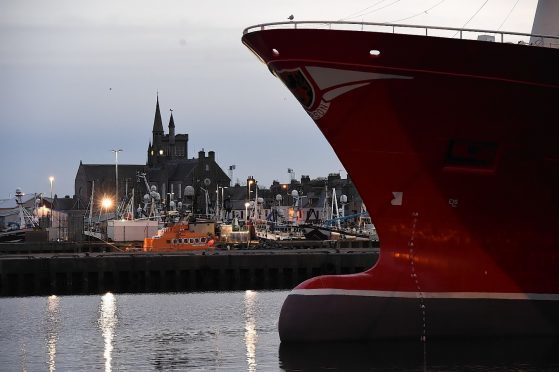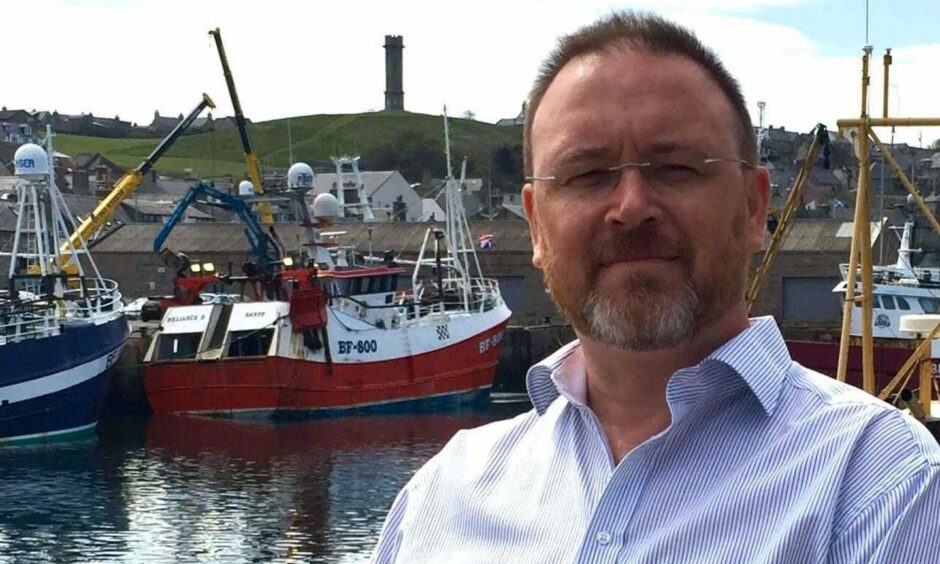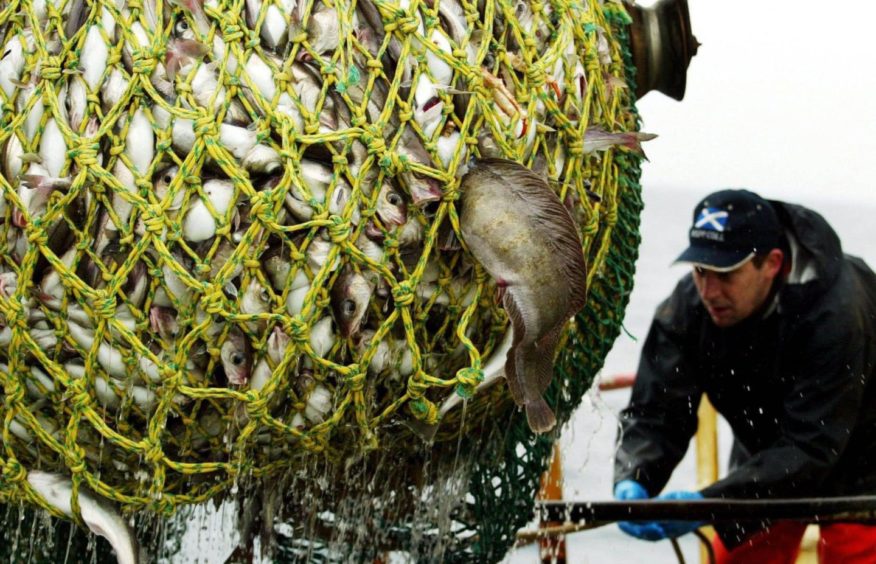Independence would allow Scotland’s marine sector to realise its full potential, according to a new paper due to be published tomorrow.
It is the eighth paper in the Scottish Government’s Building a New Scotland series.
Last Friday the government unveiled a report setting out the perceived benefits of an independent Scotland re-joining the European Union.
The country could regain access to the world’s biggest single market, reduced barriers to trade, free movement of people and an “equitable” share of EU funding, it claimed.
New paper to show how marine sector can ‘thrive and grow’
Tomorrow’s report, Our Marine Sector in an Independent Scotland, will be launched by Rural Affairs, Land Reform and Islands Secretary Mairi Gougeon.
It aims to show how the marine sector can “thrive and grow” in an independent Scotland.
Ms Gougeon said: “Scotland is a proud maritime nation and our marine sector is a national asset.
“But it is only with the full powers of independence that we can unlock its full potential.”
She added: “Brexit has significantly impacted Scotland’s marine sector, creating major barriers to trade, reducing access to labour and a loss of fishing opportunities for parts of our fleet.
“As an independent EU member state, Scotland would for the first time be able to negotiate for its own priorities at the heart of Europe.
“I look forward to publishing our paper and setting out how independence can help to address the current challenges in our marine sector and benefit our people, communities, economy and environment.”
Arguments for independence
The previous seven papers have attempted to build the case for independence.
They have tried to show independent countries comparable to Scotland, as part of the UK, are wealthier and fairer; how Scottish democracy could be renewed; the macroeconomic framework, including currency arrangements, for an independent Scotland; how rights and equality could be at the heart of a written constitution; how citizenship, migration and asylum could work; and detailed plans for re-joining the EU.
And defending the status quo
Banff and Buchan Tory MP David Duguid defended the Brexit deal for fishing, adding: “Since leaving the CFP (Common Fisheries Policy), Scottish ministers and their officials have a far stronger voice in annual negotiations.
“The SNP would gladly surrender that control for a bad deal with the EU – and their coalition partners the Greens won’t be happy until the industry is shut down altogether.
“Letting the EU regain control over our fishing industry isn’t a policy. It’s a dereliction.”
Scottish Lib Dem MSP Willie Rennie Rennie said: “The SNP should rip up this paper and throw it over overboard.
“They’ve got no realistic prospect of carrying any of this out so they should get back to focusing on the things they can fix – like sewage polluting our waterways and long waits for NHS treatment.”
Question marks remain over post-Brexit balance sheet for fishing fleet
Last December the UK Government said its post-Brexit era quota and access deals would net more than £750 million for Britain’s fishing fleet in 2023.
Industry bosses didn’t quibble with the figures, but complained the Brexit deal on fisheries had left the UK “constrained” by an inability to control access to its own waters.
A spokesman for the Scottish Government, which also took part in the talks, said the deal was worth an estimated £149.6m to this country’s fleet and gave fishers “certainty”.
But in 2001 a controversial report by Gary Taylor, who led the UK Government’s negotiating team at international fishing talks for nearly six years, until early 2016, claimed Brexit would end up costing Britain’s fishing fleet more than £300m over the first five years.




Conversation